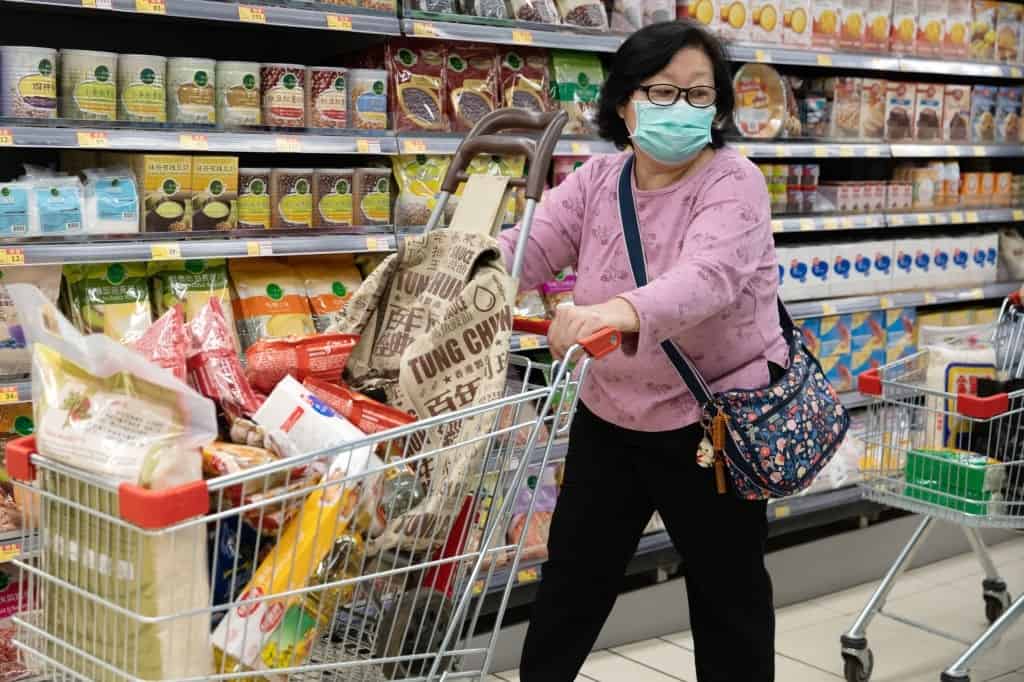How A Food Shortages Warning Set Off Panic Shopping On Chinese Mainland?
Nikki Attkisson | Last Updated : November 8, 2021China’s government faces a number of complex difficulties, with food security being one of them. Over the course of centuries, governments have battled to fulfill the dietary demands of a population that are continually increasing in size.
Droughts, floods, and famines have occurred several times throughout Chinese history, and rebellions sparked by starving peasants have brought down several imperial dynasties throughout the country’s history. However, the government’s most recent attempt to ease concerns about the price and availability of supplies seems to be spiraling out of control.
Panic Shopping On Chinese Mainland due To Food Shortage Warning
Recently, a statement from China’s Ministry of Commerce urging citizens to store food sparked panic buying among the general public as well as frantic online speculation, according to Reuters. In appearance, the notice does not seem to be any different from the normal directives issued by China’s government in the past, which emphasize the need to keep a sufficient supply of goods.
According to this law, local administrations are responsible for ensuring that their residents have an “adequate amount” of essential necessities during the winter months. Additionally, it requires those nations to maintain stable food prices, which has been a topic of concern in recent weeks owing to bad weather, energy shortages, and Covid-19 restrictions that have jeopardized supply.

To be sure, the government directive announced on Monday aroused the general public’s curiosity in a way that few other announcements had been able to achieve in the same time period. The fact that it includes novel wording on the need for local governments to encourage people to stock up on “daily necessities” may explain why it seems to be garnering attention. The message was not intended for the general public to read, but many individuals on the internet have interpreted it as a personal cautionary statement.
Since then, the level of severity of the reaction has risen significantly. According to the magazine, the large queues of customers at food stores in Changzhou, a city in the province of Jiangsu, are seen in one of the films posted on Weibo by the state-owned news magazine China News Weekly. Despite the fact that their carts are bursting at the seams with food and other necessities, the shelves at the stores are absolutely empty of anything. The matter of food safety and security is one that is especially sensitive in China. It is believed that hundreds of thousands of thousands of thousands of people perished during the Great Chinese Famine, which lasted for many years in the 1950s and 1960s. A calamity that affected thousands of people throughout the country is still fresh in many. Even if China’s economy has undergone a considerable transformation, there are still concerns about food security in the country: ” Recently, the government developed an “action plan” in which it urged individuals not to buy more food than they need and to report companies who overserve their clients with excess leftovers.
Despite this, the alarm level sparked by the Commerce Ministry’s warning has been unusually high in recent months. Following widespread speculation at the time, the demand for food storage was also associated with growing tensions between Beijing and Taipei, according to the latest available data. China considers Taiwan to be an “inseparable part” of its territory even though the Communist Party of China has never ruled the self-governing island since independence in 1949.
With over 15 years as a practicing journalist, Nikki Attkisson found herself at Powdersville Post now after working at several other publications. She is an award-winning journalist with an entrepreneurial spirit and worked as a journalist covering technology, innovation, environmental issues, politics, health etc. Nikki Attkisson has also worked on product development, content strategy, and editorial management for numerous media companies. She began her career at local news stations and worked as a reporter in national newspapers.
